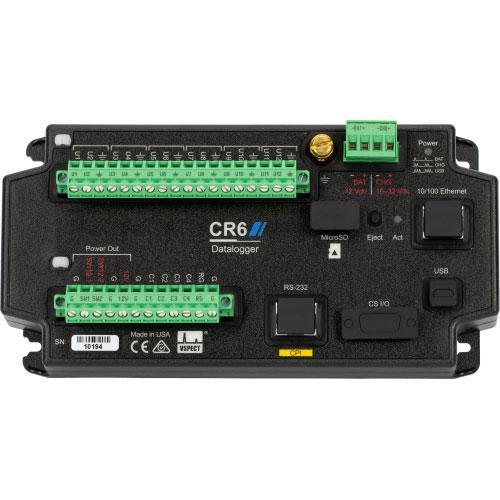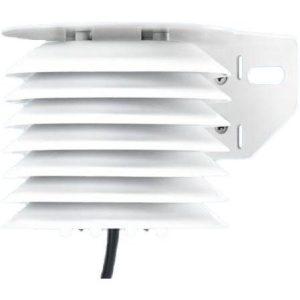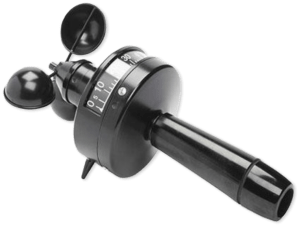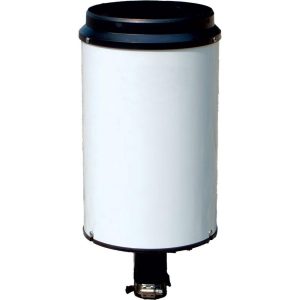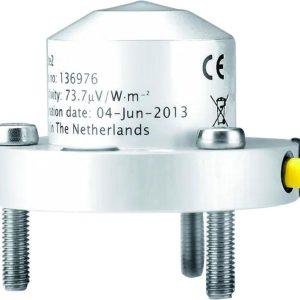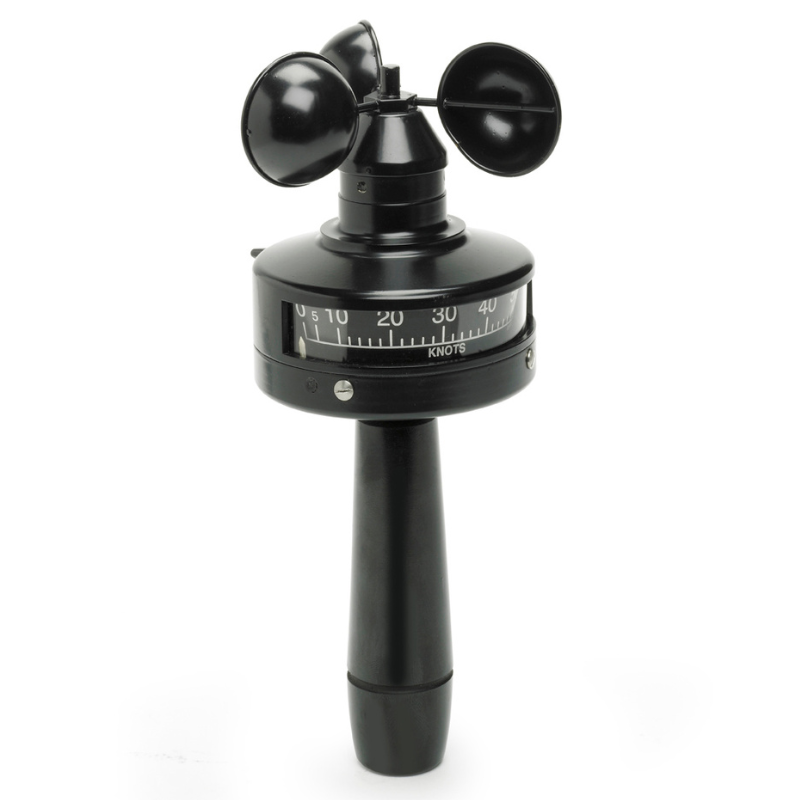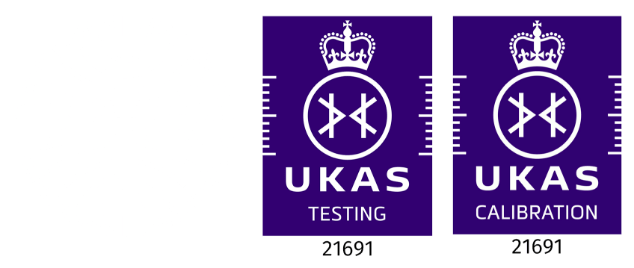This article explores how data loggers are used to collect meteorological data, their key features, and why they are indispensable tools in the field.
What Are Data Loggers?
Data loggers are small, electronic devices used to record data over time. They come equipped with sensors that detect various environmental parameters and store the data for future analysis. These devices can either be portable or fixed in a location, depending on the specific needs of the research or monitoring project.
Data Loggers in Meteorology
Data Loggers for Collecting Meteorological Data are used to monitor and record key environmental conditions like temperature, humidity, wind speed, and more. By continuously capturing these details, meteorologists can forecast weather, analyze climate patterns, and study long-term changes in the Earth’s atmosphere. These devices are vital for both short-term weather predictions and long-term climate studies.
Types of Meteorological Data Collected by Data Loggers
The scope of data collected by meteorological data loggers includes various parameters:
- Temperature
- Humidity
- Wind speed and direction
- Precipitation
- Atmospheric pressure
- Solar radiation
Key Features of Meteorological Data Loggers
High Accuracy Sensors
Meteorological data loggers are equipped with precision sensors to ensure that the data they collect is accurate. For meteorological studies, where even minor inaccuracies can skew results, sensor quality is of utmost importance.
Durability and Weather Resistance
These devices are often placed in harsh environments—whether it’s in a storm, on top of a mountain, or in an arid desert. They need to be robust, with weather-resistant casings to ensure they continue functioning even under extreme conditions.
Storage and Connectivity Capabilities
Data loggers can store large amounts of data over long periods. Some offer cloud connectivity or can be connected to computers and mobile devices for real-time data access and remote monitoring.
Low Power Consumption for Long-Term Use
A key feature of data loggers is their ability to run on low power, enabling them to collect data for extended periods, sometimes for months or even years, without requiring maintenance or battery replacement.
Portable vs. Stationary Data Loggers
Portable data loggers are ideal for short-term projects or for moving between multiple sites, while stationary loggers are better suited for continuous, long-term monitoring at fixed locations.
Types of Meteorological Data Collected
Temperature and Humidity sensors
Temperature is a fundamental variable in weather prediction and climate science. Even small fluctuations can have significant impacts on ecosystems, agriculture, and daily life.
Humidity is closely linked to temperature and plays a major role in weather formation, cloud development, and precipitation.
Wind Speed and Direction sensors
Monitoring wind speed and direction helps in forecasting storms, analyzing wind energy potential, and understanding local weather conditions.
Measuring rainfall and other forms of precipitation is critical for understanding weather patterns, predicting floods, and managing water resources.
Atmospheric Pressure
Changes in atmospheric pressure are key indicators of impending weather changes. Low pressure often signals storms, while high pressure suggests fair weather.
Solar radiation data is important for studying climate change, energy balance in ecosystems, and optimizing solar power systems.
Applications
Weather Forecasting
Meteorologists rely on data loggers to collect the continuous data necessary for accurate weather forecasting, helping to predict storms, droughts, and other weather events.
Climate Change Research
Long-term data collected by loggers is essential for understanding how climate change is progressing and its impacts on different regions and ecosystems.
Agriculture and Farming
Farmers use data loggers to monitor weather conditions like rainfall, temperature, and soil moisture, which helps in making informed decisions about irrigation and crop management.
Energy Production (Solar and Wind Energy)
Data loggers are used to optimize the performance of solar panels and wind turbines by providing real-time data on solar radiation and wind speed.
Aviation and Maritime Navigation
Accurate meteorological data is crucial for flight planning and ship navigation, ensuring safety and efficiency in both fields.
Benefits
Continuous and Automated Data Collection
One of the most significant advantages of data loggers is their ability to collect data automatically over long periods, even in remote or hard-to-reach areas.
Accuracy and Reliability of Data
With high-precision sensors, data loggers provide meteorologists with reliable and accurate data for forecasting and analysis.
Long-Term Monitoring for Trends and Patterns
Data loggers help in identifying long-term weather trends and climate patterns, which are crucial for climate studies and environmental management.
Points how to choose correctly
- Environment and Location: Consider whether the logger will be used in extreme conditions, such as deserts or polar regions.
- Duration of Data Collection: For long-term projects, opt for loggers with high data storage and low power consumption.
- Type of Data Required: Ensure the data logger has the necessary sensors to collect the required meteorological data.

